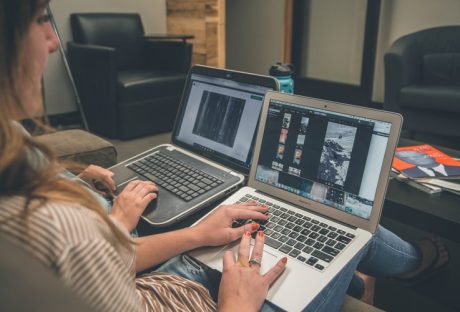The importance of a well-managed infrastructure in the success of a business cannot be underestimated. A properly maintained commercial property ensures efficient delivery of services, a safe and healthy working environment, optimum worker productivity, and customer satisfaction. It adds value to an organization, so it’s important to keep it in great shape.
Unfortunately, facility maintenance, upkeep, and repair can take up a massive chunk of a business’ operational expenses. The good news is that service contractors are specializing in commercial property maintenance without straining your annual budget. Outsourcing this business aspect is a cost-effective alternative that comes with several other benefits. Many businesses are now adopting this business structure. In fact, the global facility management market was estimated to reach $1.314 trillion in 2018.
With the help of reliable building maintenance services, costs are controlled, resources are maximized, standard services are delivered, and compliance with health and building codes is ascertained.
How to choose the right facility maintenance provider?
Facilities maintenance is an important part of your organization’s day-to-day operations. Once you outsource it with a third-party provider, the facilities management services become an integral part of your business. Their quality of service, whether it is good or bad, will reflect on your business.
Working with the inexperienced or ill-equipped provider can lead to a horrible partnership that can adversely affect customer satisfaction, business operations, and revenue potentials. This makes it vital for businesses to choose only the best.
Facility maintenance specialists at CSG share with us some things to keep in mind before zeroing in on a provider for your business.
Reference:
Any company can make an impressive marketing material. However, make sure to verify the claims of a potential provider. Ask for references that can vouch for the quality of services they offer.
Training and experience:
Employees of the facility maintenance provider become a de facto member of your company. They play an essential role in your business’ daily operations. As such, you want a provider with skilled, trained, and qualified personnel so that your clients get the best service experience. Furthermore, this should also ensure that they can execute their duties properly. Ask about development and training programs for service employees. Look for a company that considers continuous this a priority.
Flexibility:
Choose a commercial property maintenance contractor with a wide range of capabilities. A reliable facility maintenance services must be versatile and be able to respond to the ever-changing needs of your business quickly. This will ensure consistency in the delivery of services, efficient work processes, and reduced costs associated with hiring a different contractor. If your business is expanding, consider working with a company that offers scalable services or customizable plans and programs.
Supplies and equipment:
An excellent facility maintenance provider should be well-equipped with adequate and appropriate supplies and equipment. Check their inventory to validate their claims. This should help you assess their capability to meet your building maintenance needs. Verify the quality of the equipment and products they utilize.
Management and leadership:
This is a crucial aspect of any organization as it can have a significant impact on how tasks and responsibilities are accomplished. Poor leadership can lead to failed delivery of services. You want to know who will be managing the account. Explore their existing organizational culture and see how policies are utilized to achieve goals.
Transition process:
With proper risk management and transition plan, a change in facility maintenance provider could lead to disruption of services. As such, you want to check how the provider can guarantee a smooth handover and avoid any interruptions that could affect business operations.
Insurance:
To avoid any liabilities while their personnel is working on your premises, make sure to check their current insurance policies.
Availability:
Inquire about any blackout times in a provider’s schedule. Also, check about how they deal with sudden requests for additional personnel or new tasks.
Certifications:
Certifications such as CIMS Green Building, Occupational Safety and Health Administration (OSHA) compliant, and Cleaning Industry Management Standard (CMS) ensure competence and compliance of a prospective contractor. Inquire about the certifications that the provider currently hold.
Read Also:






















